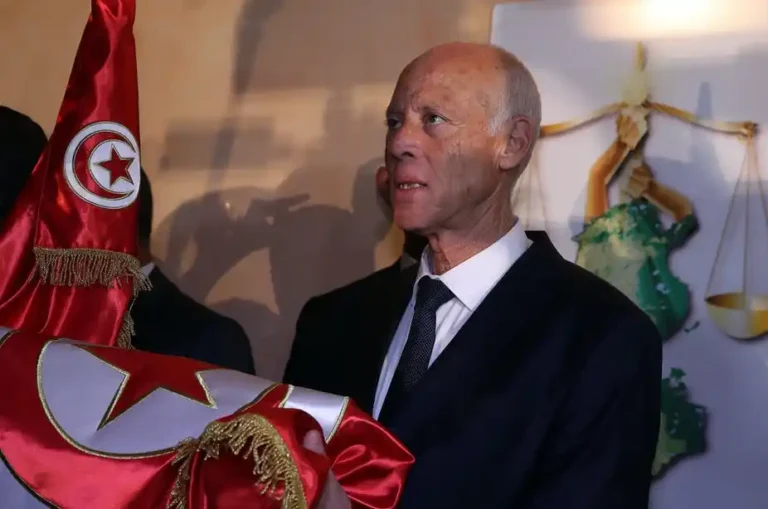Over the past two weeks, the Tunisian government has launched an unprecedented repressive clampdown against migrants, refugees, and human rights defenders working to protect their rights, as well as journalists, said Amnesty International on Thursday.
This comes less than two weeks after a high-level coordination meeting with the Italian Ministry of Interior about migration management.
According to Amnesty International, the Tunisian authorities have since 3 May arrested, summoned and investigated the heads, former staff or members of at least 12 organisations over unclear accusations including “financial crimes” for providing aid to migrants, including a local group that works in partnership with the UN Refugee Agency, UNHCR.
The crackdown also include two journalists who could face trial for their reporting and comments in the media.
In parallel, security forces have escalated their collective unlawful deportations of refugees and migrants, as well as multiple forced evictions and have arrested and convicted landlords for renting apartments to migrants without permits, AI also claimed.
Said Heba Morayef, Regional Director for Middle East and North Africa for Amnesty International: “Tunisia’s authorities have stepped up their malicious crackdown against civil society organizations working on migrants and refugee rights using misleading claims about their work and harassing and prosecuting NGO workers, lawyers and journalists. A smear campaign online and in the media, supported by the Tunisian President himself, has put refugees and migrants in the country at risk. It also undermines the work of civil society groups and sends a chilling message to all critical voices”.
The AI official called on the Tunisian authorities to immediately end their crackdown against NGO workers providing essential support, including shelter, to migrants and refugees.
She also urged the European Union to review its cooperation agreements with Tunisia to ensure that it is not complicit in human rights violations against migrants and refugees nor in the clampdown on media, lawyers, migrants and activists.
The latest crackdown followed President Kais Saied’s remarks at a national security council meeting on 6 May in which he described civil society organisations as “traitors”, “[foreign] agents” and “rabid trumpets driven by foreign wages”, because of their receive foreign funding.
Never shying away from controversy, President Saied claimed that criticism of the state constituted treason.
It came shorty after a May 2nd Rome meeting on the migrant crisis attended by the interior ministers of Algeria, Italy, Libya and Tunisia.
WN/as/APA


